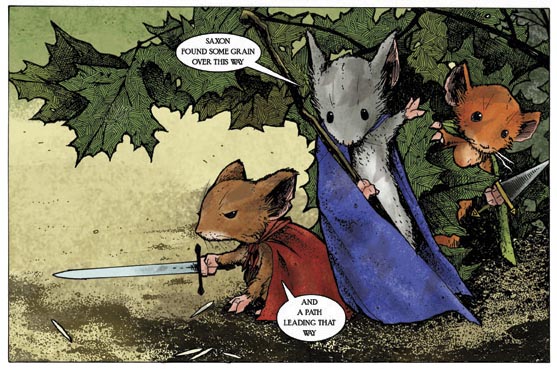
It seems like the majority of books I read are part of some series or another. I can't quite figure out why. Well, this time it is no different--The King's Gambit by John Maddox Roberts (1990) is the first book in his SPQR (standing for Senatus Populusque Romanus, the official name of the Republic) series of mystery novels set in the late Roman Republic.
The events in The King's Gambit take place in 70 BC during a fairly contentious time in Rome (was there ever not a contentious time in Rome after the exploits of the Gracchi brothers?). The Republic (such as it was at this point) was just coming out of the nightmare that was the reign of Marius and Sulla. Pompey, a mere Italian provincial, had been vaulted into the Roman elite after a series of unprecedented military commands. Crassus, the wealthiest man in Rome and also an able military commander, was jealous of Pompey and would stop at nothing to outdo him. Both coveted the command of Lucius Lucullus, who was off in the East prosecuting a war against the wily King Mithridates of Pontus.
It is in this climate that we find Decius Caecilius Metellus the Younger, a young Roman senator in charge of keeping the peace in the Subura, a rather seedy precinct of Rome. He is called upon to investigate what at first seems like a typical murder of a freed slave. After other bodies begin to pile up, and an arson burns a warehouse owned by a wealthy foreign merchant, Decius Metellus begins to realize that a conspiracy is afoot. He soon uncovers a plot to subvert the command of Lucullus the East. Needless to say, this enterprise goes right to the top of the Roman power hierarchy, bringing Decius Metellus into direct conflict with many a famous personage.
In the end, Decius Metellus does, of course, discover what is going on. Readers that are sticklers for justice might be somewhat disappointed with the ending of The King's Gambit since the culprit essentially gets away with their crimes. I would argue that this is a fitting ending, given that justice was in fairly short supply during fall of the Roman Republic!
The King's Gambit is a light read with several things going for it. First, and perhaps most importantly to me, the novel is set against a historically accurate backdrop. The majority of characters in the novel did exist (the major exception being Decius Metellus himself) and the major events portrayed unfolded essentially as described by Roberts. Second, the character of Decius Metellus is an interesting narrator who always has some insight into Roman politics or cutting remark about an individual to share. For example, when a crowd is gathered in the Forum to listen to one of the consuls speak about latest foreign threat to Rome, Decius Metellus wryly thinks to himself that Romans had more to fear from their own leaders than anything a foreign power could throw at them. These kinds of lines make for entertaining reading, and I've heard that Decius Metellus's narration in the following books of the series gets even better. I will definitely be checking out the second installment of SPQR sometime soon.














